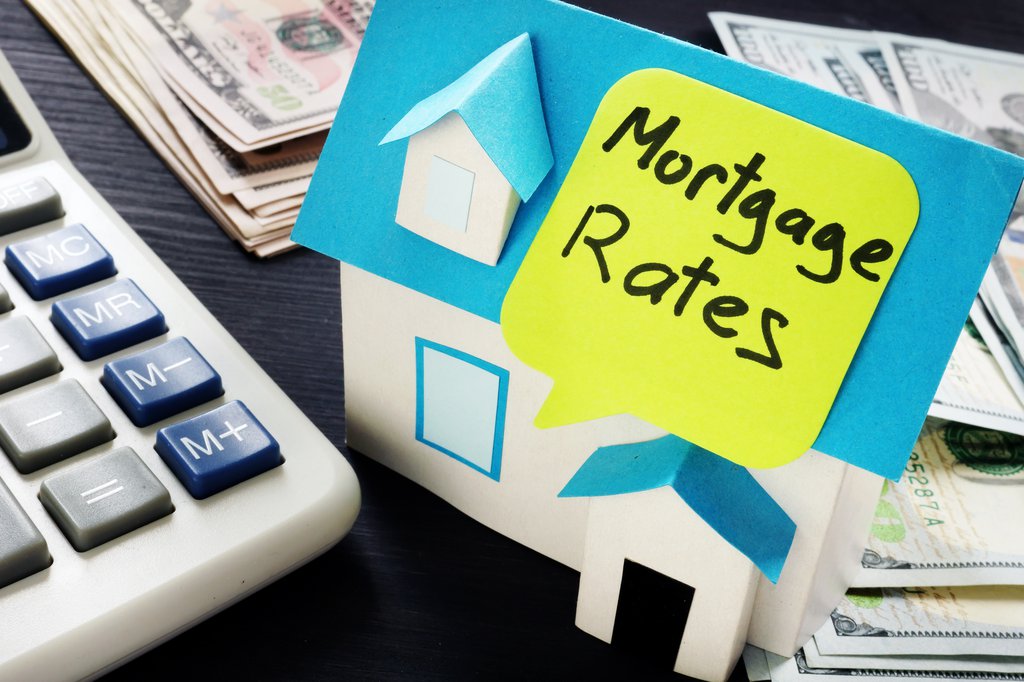What is the best mortgage rate?
The “best” mortgage rate can vary depending on individual circumstances, market conditions, and the specific terms of the mortgage. What constitutes the best mortgage rate for one person may not be the same for another. However, generally speaking, the best mortgage rate is one that offers a competitive interest rate and favorable terms while also aligning with your financial goals and circumstances.
Here are some factors to consider when evaluating mortgage rates:
- Market Conditions: Mortgage rates are influenced by broader economic factors, including central bank policies, inflation rates, and market demand for mortgages. Monitoring current market conditions can help you identify opportunities to secure a favorable mortgage rate.
- Type of Mortgage: Mortgage rates can vary depending on the type of mortgage you choose. Fixed-rate mortgages offer a stable interest rate for the entire loan term, while adjustable-rate mortgages (ARMs) may have lower initial rates but can fluctuate over time. Compare the rates and terms of different mortgage products to determine which option best suits your needs.
- Credit Score: Your credit score plays a significant role in determining the mortgage rate you qualify for. Generally, borrowers with higher credit scores are offered lower interest rates because they are considered lower risk to lenders. It’s essential to maintain a good credit score and address any issues that may negatively impact your creditworthiness.
- Loan-to-Value Ratio: The loan-to-value (LTV) ratio, which represents the amount of the mortgage compared to the appraised value of the property, can also affect the mortgage rate. Lenders typically offer lower rates to borrowers with lower LTV ratios, as they pose less risk to the lender.
- Loan Term: The term of the mortgage, or the length of time over which the loan is repaid, can impact the interest rate. Generally, shorter-term mortgages, such as 15-year loans, tend to have lower interest rates compared to longer-term mortgages, such as 30-year loans.
- Discount Points: Some borrowers choose to pay discount points upfront to lower their mortgage rate. Each discount point typically costs 1% of the loan amount and can reduce the interest rate by a certain percentage. Evaluate whether paying discount points makes financial sense based on your long-term plans and budget.
Ultimately, the best mortgage rate for you will depend on your individual financial situation, goals, and preferences. It’s important to shop around, compare offers from multiple lenders, and carefully review the terms and conditions of each mortgage before making a decision. Additionally, working with a knowledgeable mortgage advisor can help you navigate the process and find the best mortgage rate for your specific needs.

